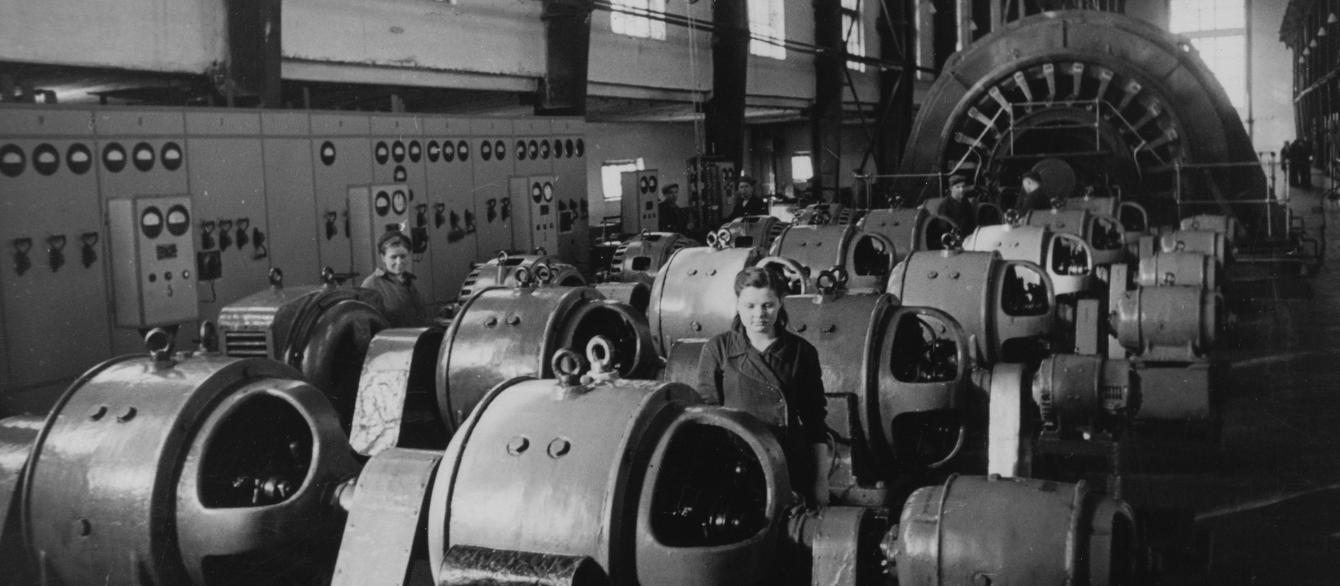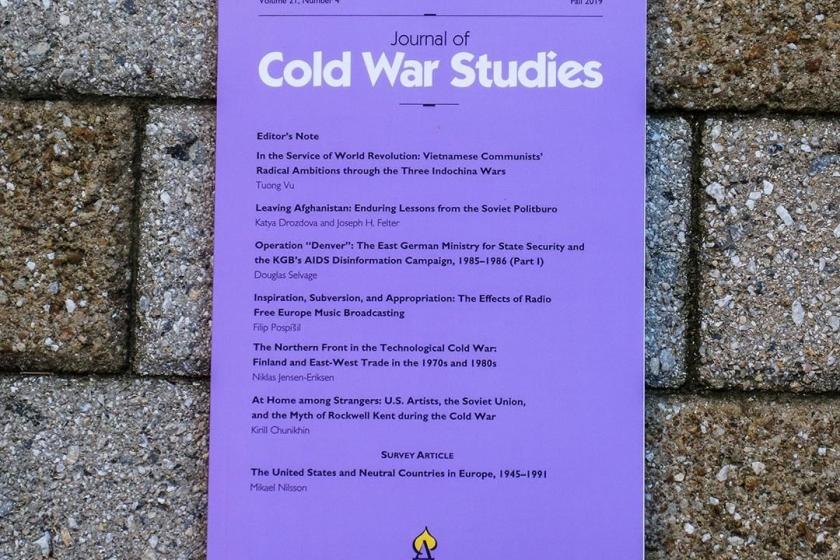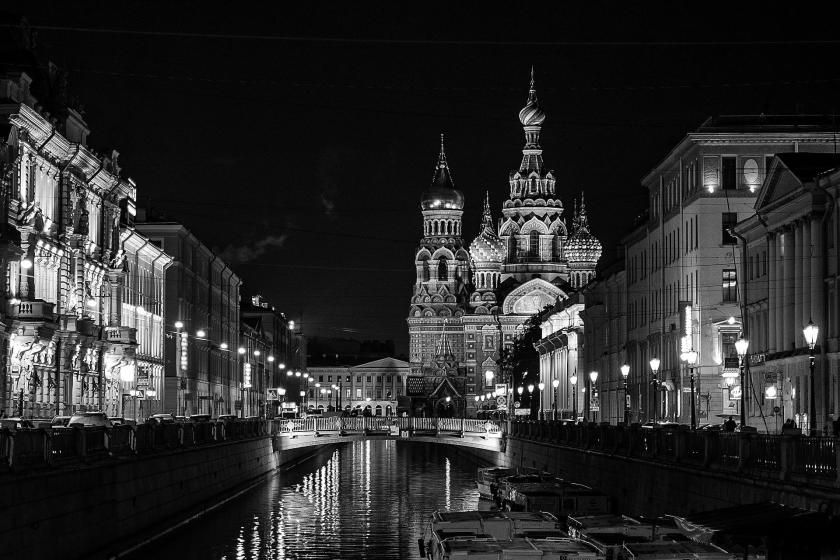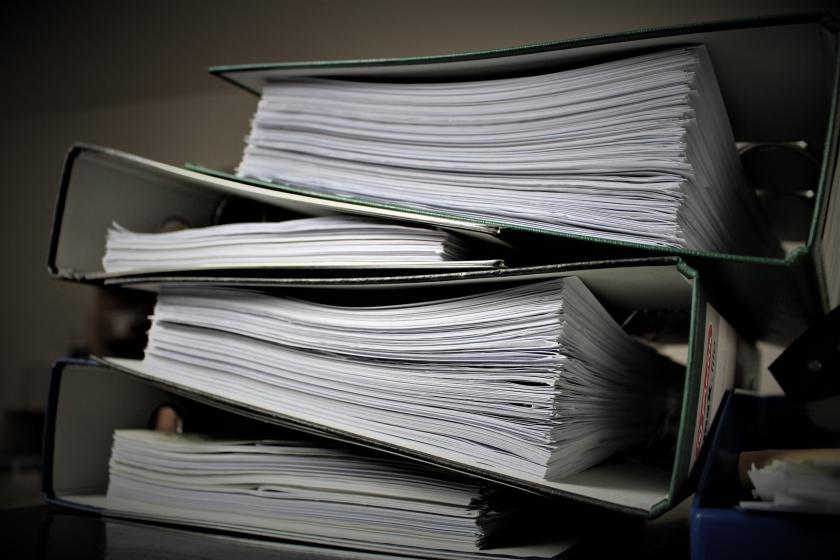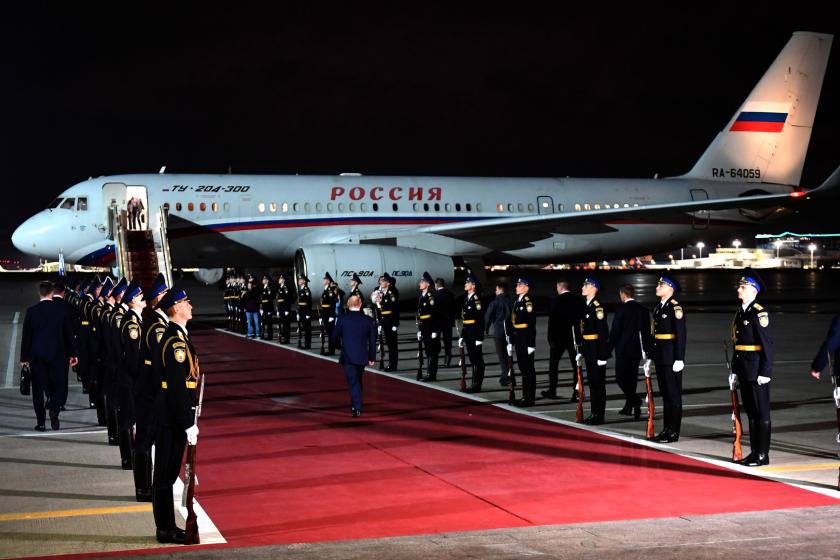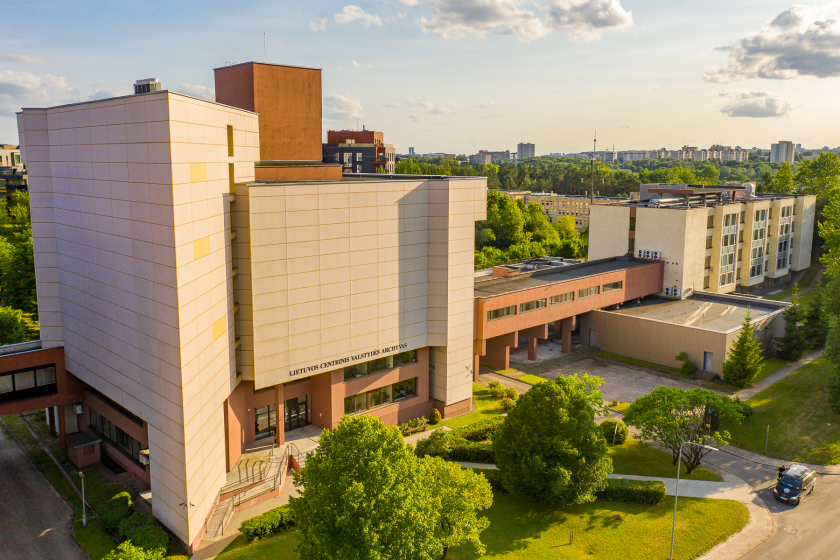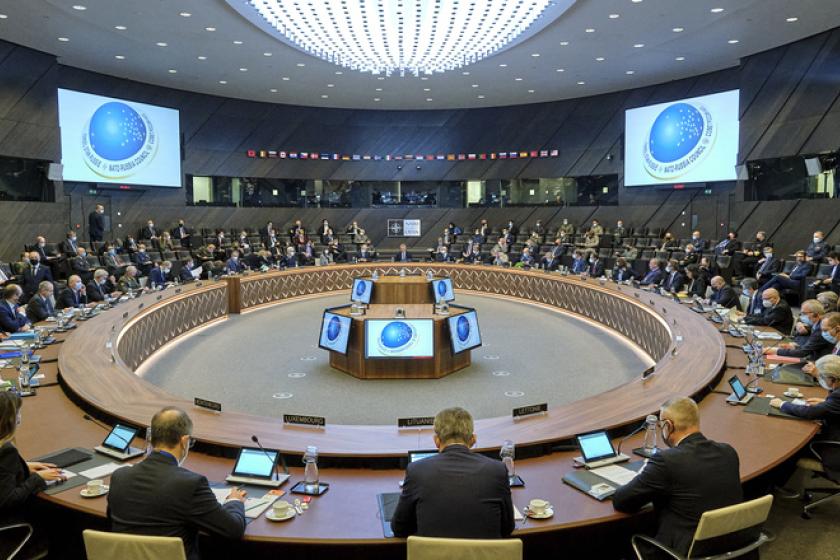Until the 1990s, Western scholars had no access to postwar archival materials in the former Eastern bloc. During the Communist era, the only people who were allowed to consult secret postwar documents in Eastern Europe and the Soviet Union were trusted employees of the Communist Party or central government. The main responsibility of archival officials in these countries was to ensure that no items, no matter how inconsequential, fell into the hands of unauthorized researchers.
The end of the Cold War and the collapse of the Soviet Union drastically changed this situation. Immense opportunities for primary research on all aspects of the Cold War became available from the early 1990s on. Scholars have been able to pore over sensitive archival materials from as recently as 1991 and examine memoirs and other first-hand accounts by former officials who took part in high-level deliberations. Despite lingering obstacles in some of the former East-bloc archives (notably in Moscow), the vast amount of newly released documentation and first-hand accounts has enabled scholars to gain a much better understanding of events that once seemed inscrutable.
The Cold War Studies program at Harvard University was set up in the late 1990s to take advantage of these opportunities, building on the achievements of the Cold War International History Project (CWIHP) of the Woodrow Wilson International Center for Scholars and the National Security Archive in Washington, D.C. Since the early 1990s, the CWIHP and the National Security Archive have done valuable work in obtaining declassified materials and encouraging scholars to pursue archival research. Laudable as these accomplishments have been, the flood of new documentation from the former Communist bloc has overwhelmed even the best of efforts to cope with it. The Cold War Studies program at Harvard was established to contribute—and add a crucial new dimension—to the CWIHP's and the National Security Archive's activities by making use of the resources one finds at a large Ivy League university.
The Harvard program focuses primarily on scholarly endeavors, especially through its publication program, but it also seeks to draw policy-relevant lessons from the Cold War. Despite severe crises during the Cold War, the United States and the Soviet Union managed to avoid a direct military confrontation. If scholars gain a better understanding of how this feat was accomplished, they should be able to provide recommendations about how to prevent and manage conflicts and cope with nuclear proliferation in the post-Cold War era. Harvard's Cold War Studies program promotes archival research in former East-bloc countries and seeks to expand and enrich what is known about Cold War events and themes. More important, it encourages scholars and Ph.D. students to use their research on Cold War topics to illuminate current theoretical debates about international and domestic politics. One of the chief means of accomplishing these goals is the sponsorship of scholarly publications, including the Harvard Cold War Studies Book Series and the peer-reviewed Journal of Cold War Studies, both edited by Mark Kramer. An Editorial Board of distinguished scholars provides advice and assistance for the Journal and Book Series. In addition to the publications program, the Cold War Studies program has compiled a large data base of declassified documents now available in microfilm or photocopies, and a document repository and research area housing many thousands of photocopied documents from the former Soviet Union, East-Central Europe, and other parts of the world. All materials in these collections are available to researchers who come to the Cold War Studies offices at Harvard.




